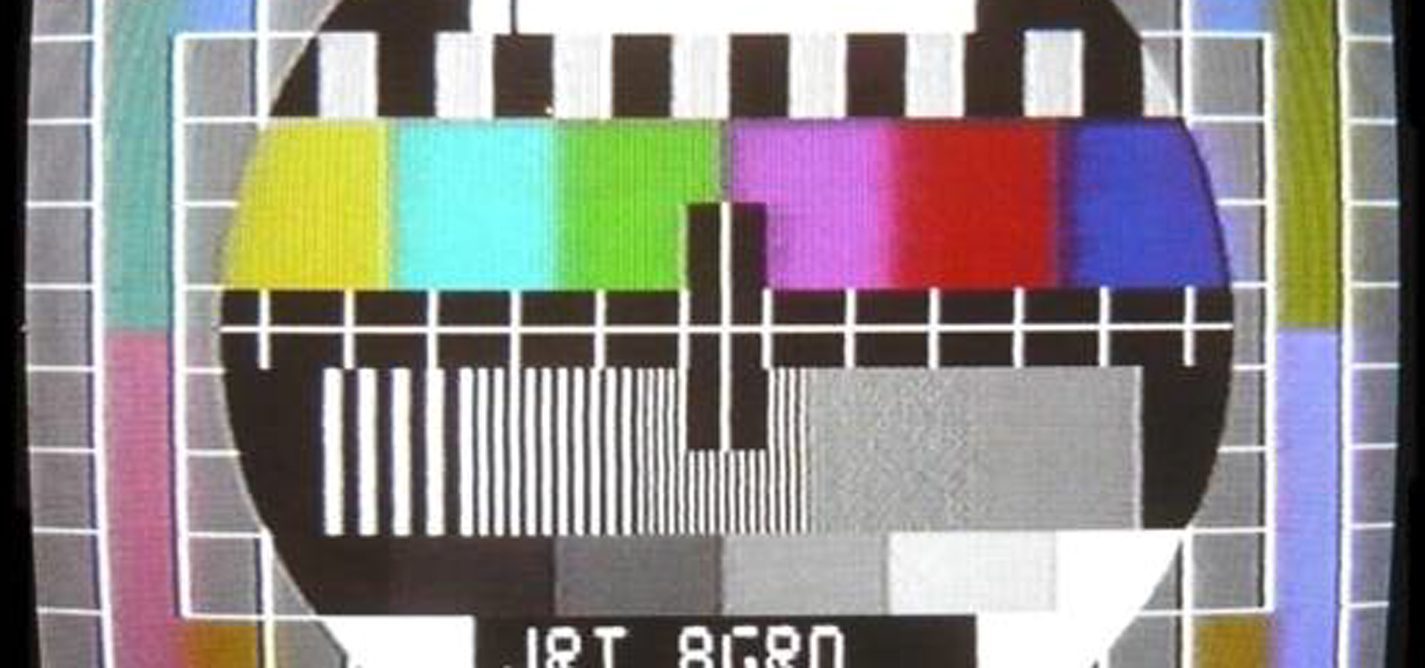
Visual pilgrimage to common sense: A doodle of freedom
The '90s were a decade of importance — so why have we tried so hard to forget?
|26.04.2016
|

Arif Muharremi
Arif Muharremi covered culture and arts for the dailies Koha Ditore and Express from 1999-2005. In 2008, he produced the culture program for “Jeta ne Kosove” RTK-broadcasted show and contributed to the biweekly English publication, Prishtina Insight.
This story was originally written in English.